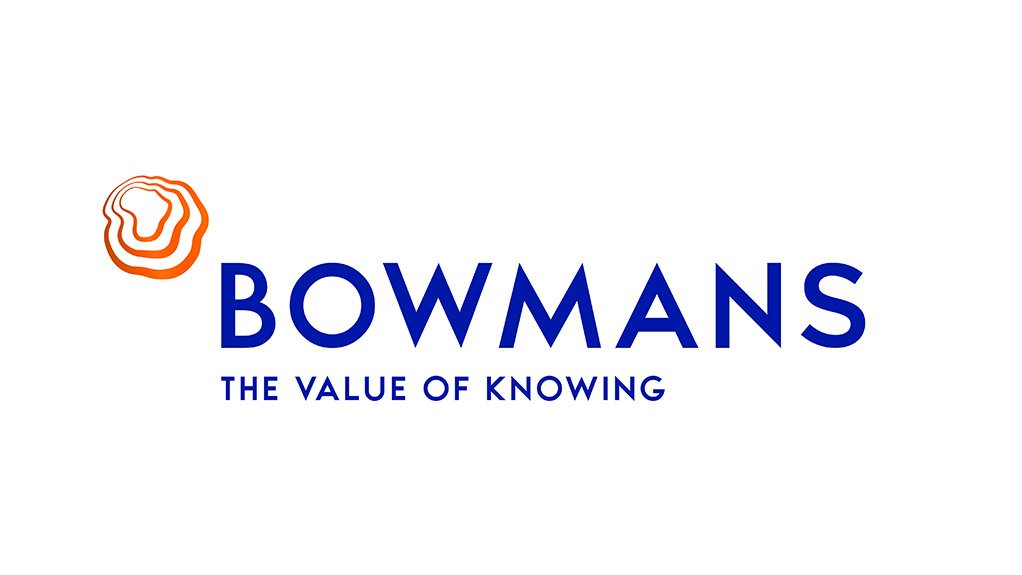Several announcements in the 2017 Budget Review touched on the manner in which debt forgiveness and capitalisation of debt is treated under the Income Tax Act. While one of these provides tax relief, the other two increase the potential tax liability, in a manner that is contrary to the position publicly adopted by SARS in the past.
Tax relief: debt forgiveness
The intragroup tax exemptions for debt forgiveness currently do not apply where the funds borrowed were used for expenses that were claimed for income tax purposes. It is proposed that this tax exemption on debt forgiveness would be extended to dormant group companies or companies under business rescue, regardless of the use of the relevant debt (in other words whether or not the amount written off originally gave rise to an income tax deduction).
Tax increase: capitalisation of debt
Proposals have been made regarding debt reductions where shares are issued for a price equal to the face of the debt. In this respect, while it is intended that conversions of debt into equity would be allowed, this apparent concession is subject to the caveat that capitalised interest on debt, in respect of which an income tax deduction was previously claimed on the interest, would have to be recouped (i.e. be included in the taxpayer’s taxable income).
If this proposal is implemented, SARS would effectively be reversing the position it has taken in Interpretation Note 91 and Binding Private Ruling 255. These documents are non-binding, but they appeared to allow such structures to fall entirely outside of the debt forgiveness rules in the Income Tax Act.
By forcing companies to recoup capitalised interest, Treasury and SARS will be removing one of the main benefits of the current treatment.
It is also important to note that the relevant interest would have been subject to income tax in the hands of the lender, and that capitalisation of the debt should not typically result in any tax deduction for the lender. A recoupment on capitalisation of the debt would effectively result in economic double taxation on the relevant amount, given that it was taxed when it arose, and taxed again when capitalised.
However, for companies that have been in financial distress for some time, this proposal would probably result in the reduction of any assessed losses they may have, and not payment of extra tax. In addition, if such companies are already in business rescue, or are dormant group companies, they could potentially be covered by the abovementioned extension of the tax exemption for debt forgiveness.
Anti-avoidance structure: recoupment on debt forgiveness
Treasury and SARS have identified a short-term shareholding structure, which is apparently intended to avoid income tax arising from the recoupment that would otherwise be triggered by the debt forgiveness rules.
In this structure, a creditor subscribes for shares in its debtor, and pays the debtor for those shares. The debtor in turn uses the subscription payment to settle its debt with the creditor. Shortly after the payment is made, the creditor sells its shares to the debtor’s original shareholder at a slight premium, which covers the capital gains tax that the creditor becomes liable for on that sale.
Treasury and SARS are concerned that normal tax revenue that would otherwise be triggered on the recoupment in terms of the debt forgiveness rules is lost, and only the lower capital gains tax would be received, in this transaction structure.
It appears that the abovementioned proposal to allow conversions of debt into equity, but require a recoupment of interest deductions, will probably also address the concerns raised in respect of this structure. However, taxpayers will have to wait until the Draft Taxation Laws Amendment Bill is released later this year for further clarity on both counts.
Conclusion
Whereas most of the issues arising from debt forgiveness within a group context had been resolved, based on SARS’ publicly adopted position in Binding Private Ruling 255, the Budget 2017 proposals re-open these issues. It appears that debt forgiveness should still potentially be able to take place without punitive tax treatment, however the manner of transacting may change, and one would have to wait for the Draft Taxation Laws Amendment Bill to ensure that the approach adopted is fully tax compliant.
Written By Rob Hare, Senior Associate, Bowmans
EMAIL THIS ARTICLE SAVE THIS ARTICLE ARTICLE ENQUIRY
To subscribe email subscriptions@creamermedia.co.za or click here
To advertise email advertising@creamermedia.co.za or click here











